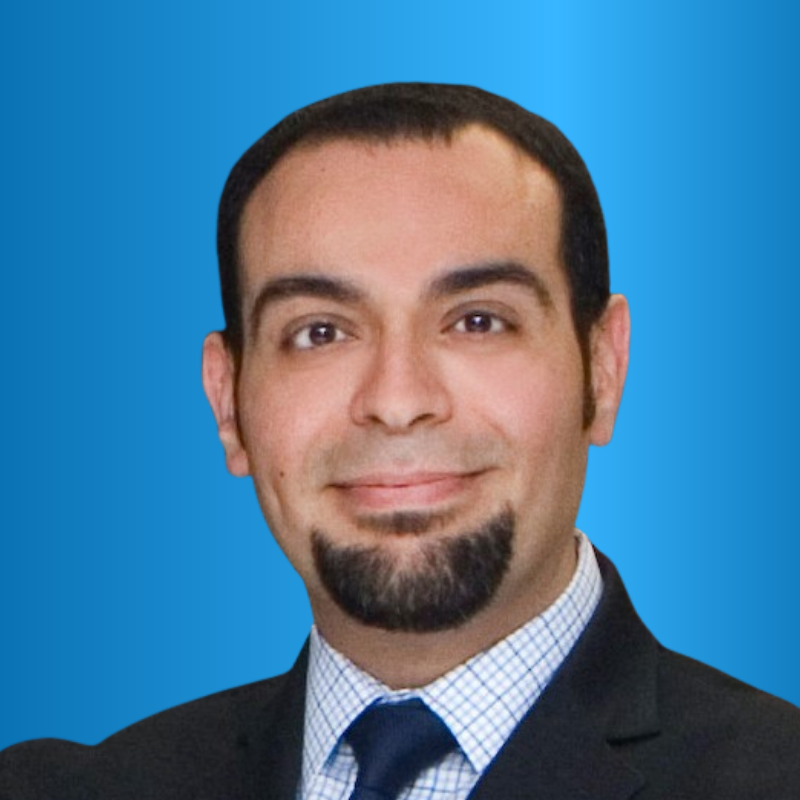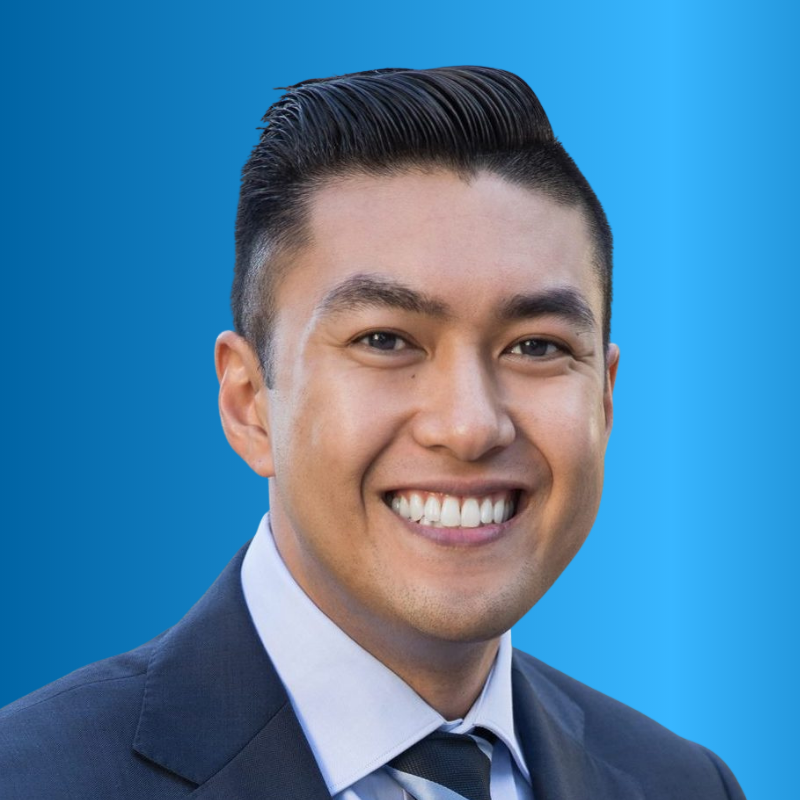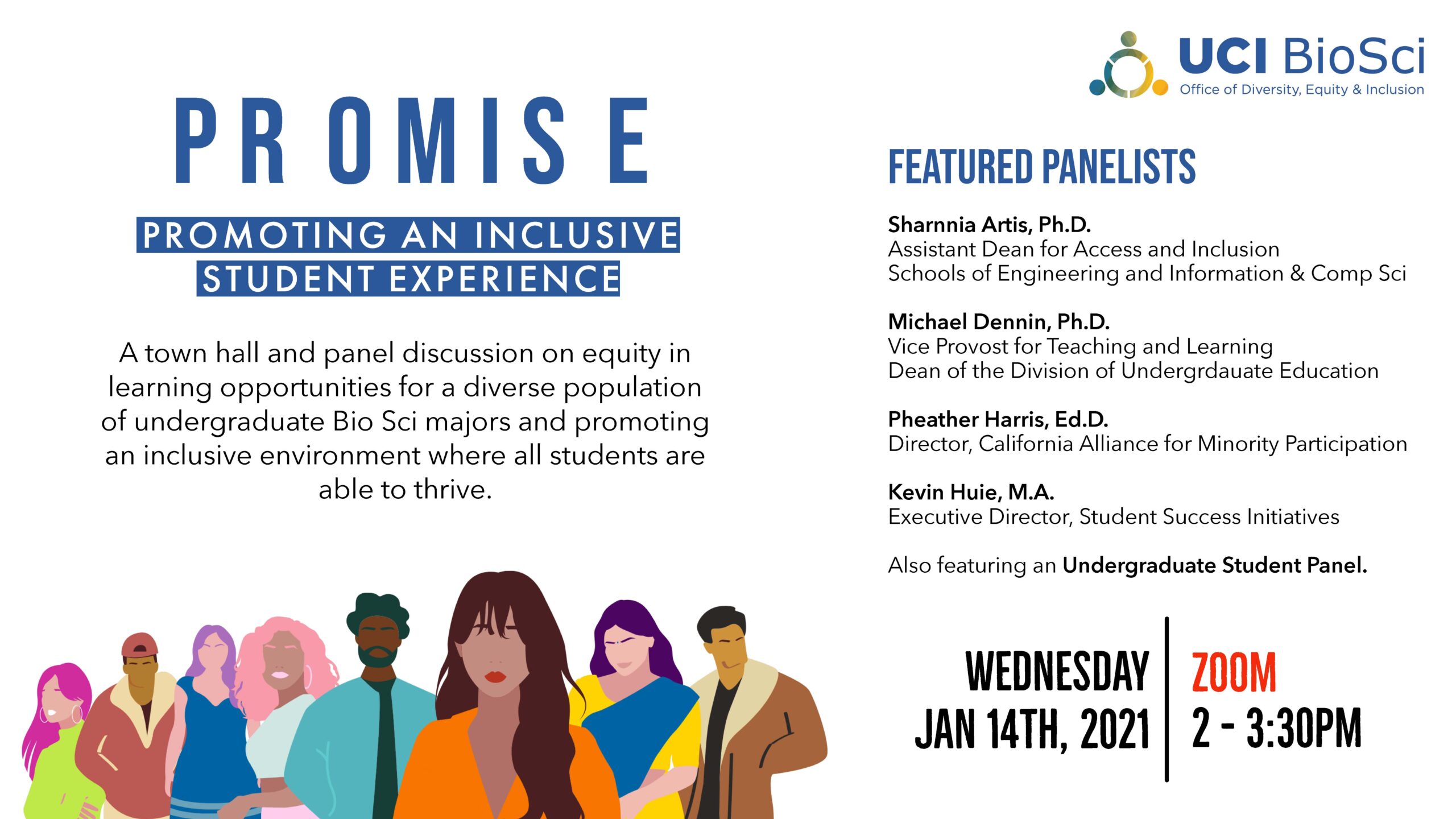PROMISE Task Force
Promoting an Inclusive Student Experience
Attrition in the Biological Sciences major disproportionately affects students from racial and ethnic minorities, at-risk students, students with low SAT scores, students with low socioeconomic status, and first-generation college students. Over the last five years, retention for minoritized students in Bio Sci was lower by 10-15% in the first year and 15-20% in the second and third years. It is believed that many of these students leave the Biology major either due to shifting interests or because they find the program requirements too rigorous. However, this is not supported either by our own data or according to large national studies.
National studies on STEM persistence have repeatedly demonstrated that minoritized students are not leaving STEM majors of their own accord. They are effectively being pushed out by virtue of pedagogy, advising, and peer engagement that does not foster their interests and promote their intellectual growth. For example, the seminal “Talking about Leaving Revisited” Study (Hunter et al. 2019) concludes that overall, problems with students’ classroom learning experiences continue to dominate as factors contributing to STEM majors’ decisions to switch.

Current curricular and pedagogical structures make it more difficult for minoritized students to thrive as Dunlop School majors. For example, our measures of achievement and performance are based on the assumption that our job as educators is as “gatekeepers” who can only allow those who are “worthy” to attain a degree. We must recognize the truth that our job is to provide every student the opportunity to maximize their full potential. We must rethink the culture of our classrooms, “weed-out” courses, grading practices, curves, examinations, and other forms of assessment and mentoring to ensure that our teaching is equitable and inclusive, whilst maintaining high standards of academic rigor.
We must also recognize that students have complex learning ecologies that influence, challenge, and promote their learning including family, financial background, peers, communities, and society. These complexities are rarely addressed in our teaching and mentoring. Finally, we cannot teach and mentor equitably by using race- and color-blind approaches. Research on culturally responsive pedagogy has shown that racially minoritized students have fewer opportunities to connect their learning to the topics and themes of personal or cultural interest to them (their lived experience). This set of complexities makes it virtually impossible to solve the problems at hand with incremental or short-term fixes. Transformational change requires introspection / reflection, on-going input from minoritized populations, and a long-term actionable vision.
Task Force Goal
The purpose of the PROMISE Task Force is to critically examine all aspects of what it means to be an undergraduate Dunlop School student today from the lens of promoting diversity, access, equity and inclusion. The overarching goal is to ensure equity in learning opportunities for a diverse population of Dunlop School undergraduates and to promote an inclusive environment where all students in the major are able to thrive while maintaining high standards of academic rigor. To meet this goal, the task force will engage in systematic strategic planning to identify mission-driven goals and develop goal-aligned strategies for implementation with continuous feedback from key stakeholder groups.
Members

Michael Yassa (Chair)
Neurobiology & Behavior
![]() myassa@uci.edu
myassa@uci.edu

Raju Metherate
Neurobiology & Behavior
![]() raju.metherate@uci.edu
raju.metherate@uci.edu

Brian Sato
Molecular Biology & Biochemistry
![]() bsato@uci.edu
bsato@uci.edu

Pavan Kadandale
Molecular Biology & Biochemistry
![]() pavan.k@uci.edu
pavan.k@uci.edu

Monica Daley
Equity Advisor
Ecology & Evolutionary Biology
![]() madaley@uci.edu
madaley@uci.edu

Nancy Aguilar-Roca
Ecology & Evolutionary Biology
![]() nmaguila@uci.edu
nmaguila@uci.edu

Aimee Edinger
Former Equity Advisor
Developmental & Cell Biology
![]() aedinger@uci.edu
aedinger@uci.edu

Lee Bardwell
Developmental & Cell Biology
![]() bardwell@uci.edu
bardwell@uci.edu

Marlene de la Cruz
Minority Science Programs
![]() marlene@uci.edu
marlene@uci.edu

Alejandra Gutiérrez
Former Student Affairs
![]() ryoshito@uci.edu
ryoshito@uci.edu

Raven Yoshitomi
Student Affairs
![]() ryoshito@uci.edu
ryoshito@uci.edu

Randy Bautista
Office of the Dean
![]() randy.bautista@uci.edu
randy.bautista@uci.edu

Andra Ionescu Tucker
Graduate Student and Pedagogical Fellow
![]() aionescu@uci.edu
aionescu@uci.edu

Sandra del Carmen Sandria
Undergraduate student and Dunlop School Senator, ASUCI
![]() ssandria@uci.edu
ssandria@uci.edu

Mary Zheng
Undergraduate student and Dunlop School Senator, ASUCI
![]() qiwenz5@uci.edu
qiwenz5@uci.edu
PROMISE Symposium

Presentations
To maintain privacy of panelists and student participants, the symposium was not recorded, but the presenters have shared their slides, which can be downloaded below in PDF format.
![]() Michael Yassa, Ph.D. – Introduction to PROMISE
Michael Yassa, Ph.D. – Introduction to PROMISE
![]() Sharnnia Artis, Ph.D. – Collective Impact Framework
Sharnnia Artis, Ph.D. – Collective Impact Framework
![]() Pheather Harris, Ed.D. – Meaningful Engagement
Pheather Harris, Ed.D. – Meaningful Engagement
![]() Kevin Huie, M.A. – Cultural Humility
Kevin Huie, M.A. – Cultural Humility

Guiding Questions
- What do the numbers tell us concerning the retention and success outcomes of minoritized students in BioSci?
- What is the goal of an undergraduate education in BioSci? What is the student perspective? What is the faculty perspective? What might we be missing?
- How do we define excellence and success in our undergraduate program? Do these definitions impact what kind of students are/are not successful in our program? What are the assumptions associated with our definition of success?
- What is our role as educators, administrators and staff in Dunlop School in achieving the above goal(s)?
- What is the role of coursework in achieving the above goal(s)?
View more questions
- What are the structural elements and cultural assumptions inherent in our school’s undergraduate education curricular structures that perpetuate inequities?
- How does the tension between the school’s perceived role as an enforcer of academic standards and its role as an educational entity with the goal of enriching student’s lives and supporting them in achieving their highest potential result in these structures?
- How do traditional narrow definitions of excellence impact how students are selected and retained in the major and create barriers to many students and prevent them from achieving at their highest potential?
- How do our social and cultural perspectives influence our approach to our work?
- How can we better promote equity and inclusion in the undergraduate experience? How can we transform curricular structures and assumptions to work towards positive change?
- What types of careers is our Dunlop School undergraduate education preparing students for? Does this align with student expectations?
- What is the spectrum of competencies undergraduate Dunlop School students need to master? How are these competencies introduced and evaluated in the undergraduate curriculum?
- What are the social justice standards that should be incorporated in our Dunlop School experience? How do we incorporate them effectively?
- What is the role of undergraduate research experience in BioSci? How can we optimize this experience so that it addresses the spectrum of competencies needed for success in biological sciences?
- What are culturally responsive pedagogical techniques that we should be implementing?
- How can we increase the faculty and TA utilization of these techniques to ensure that individuals from minoritized populations are included and that their success is supported?
- How do we create a robust, cohesive, scalable and inclusive advising and success promotion program for biological sciences undergraduates that can be introduced early and is based on clear milestones and benchmarks for evaluation?
- What is the advising philosophy employed by Bio Sci student affairs? How are our advising approaches manifested in our philosophy (and vice versa)? How can this philosophy and implementation best consider DEI?
- What are the financial risks involved in changing our model and resource allocation for advising? What are other factors, outside of funding, that are barriers between advising and minoritized student success?
- How do we recognize faculty contributions to inclusive teaching? How can we evaluate inclusion in teaching and ask the right questions in terms of evaluating DEI contributions to teaching excellence?
- How do we measure success (as an institution, as a school, and at the student level)? How do we appropriately evaluate any changes we institute?
Feedback
If you would like to provide feedback on any of the above questions, there are several ways to do so.
You can email any of the task force members and either send feedback directly or set up a meeting to discuss.
You can also use our contact form to get in touch.
A qualitative survey was sent to Bio Sci faculty in February 2021 and feedback was solicited. A Wellness and Climate survey was also deployed to undergraduate students in March 2021 to comprehensively assess our baseline. Results from the Wellness and Climate are now available on the Data Dashboard.
Results are also summarized in the PROMISE Task Force Final Report.


